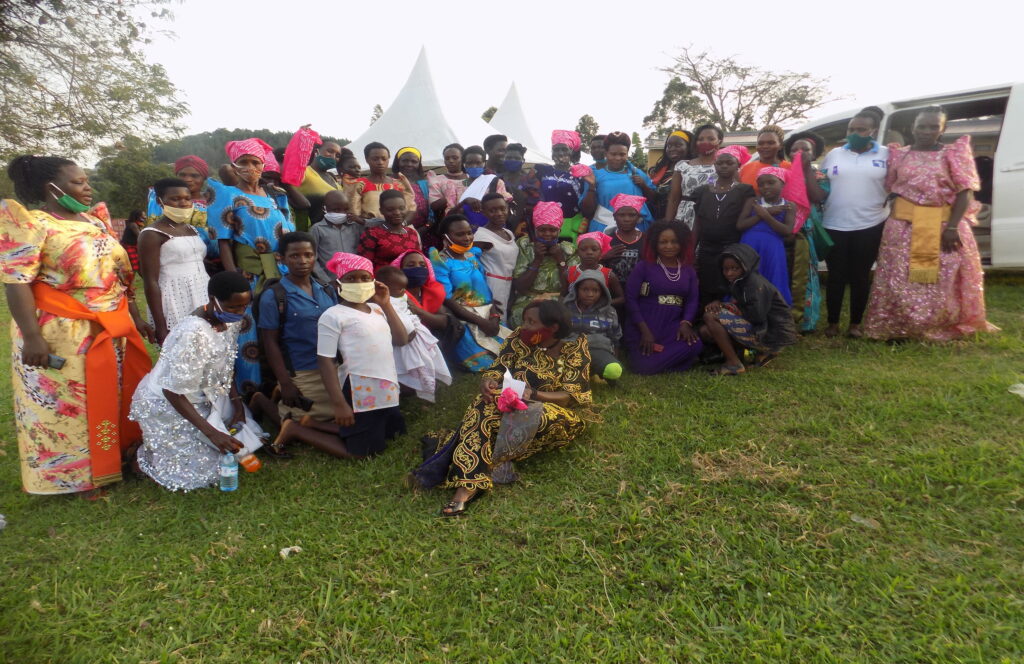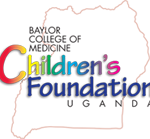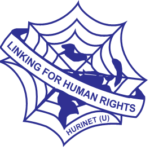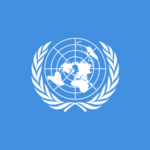ACTIVE PROJECT-IV
Action to strengthen the capacity of Women’s Grassroots CBOs
(CoATC)

CoACT is a Ugandan Non-Government Organization Registered with certificate number 4678 and Permit Number 5395. We are an alliance of women organizations that work on gender equality and women empowerment, focusing on the implementation of the women, peace and security agenda, and specifically conflict early warning, conflict prevention, peace building, conflict mediation, and negotiating peace. We also train women including young women and young girls in leadership. CoACT envisions a world where women and men, girls and boys live in and promote peace. To inspire women’s leadership, amplify their voices and coordinate civil society action in building and sustaining peace in Uganda. CoACT achieves this through a number of
strategic interventions including: Localizing the implementation of UN Security Council Resolution 1325 on women, peace and security and Uganda’s National Action Plan (NAP) for its implementation; increasing the capacity of institutions, communities and women in civil society to prevent and respond to GBV; training of women in civil society at national and local levels in conflict early warning, conflict prevention and conflict resolution mechanisms- including mediation and negotiation; and building the capacity of the youth to promote peace during elections. We work in the districts of Yumbe, Kitgum, Luwero, Amuria, Kaberamaido, Isingiro, Kamwenge, Kyegegwa, Kasese, Ntungamo, and Kabarole where, in addition to localization and training, we support processes that lead to social cohesion between refugees and host communities. Since 2012 we have facilitated 7 District Local Governments of Dokolo, Lira, Bushenyi, Kitgum, Gulu, Kitgum and Amuria to localize the implementation of Uganda’s NAP on Resolution 1325. Localization is the process of customizing the priorities of the NAP to address specific community level issues that undermine the peace and human security of women and girls. The localization process involves a series of workshops with district political and technical leaders, the police (and UPDF where they exist), cultural and religious leaders, teachers, business leaders, civil society groups, women leaders, the youth and media to increase understanding of the NAP which is a national policy on women, peace and security and customizing it into a district strategy to address community level conflicts and gender inequality.
Our Partners












Our Head Office
P.O.Box 870, Fortportal
Tel: +256772463522
Email: info@ride-africa.org
Website: www.ride-africa.org